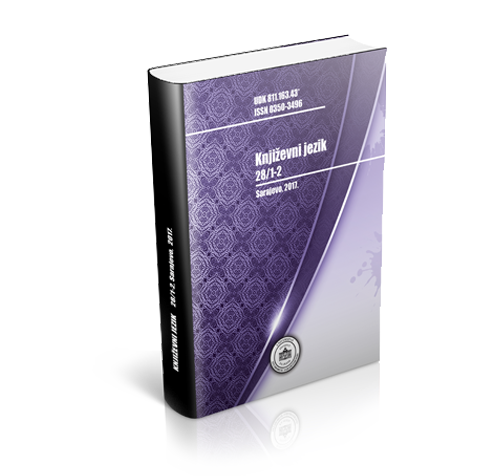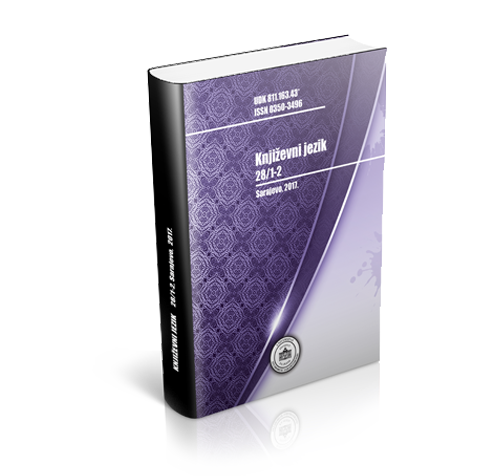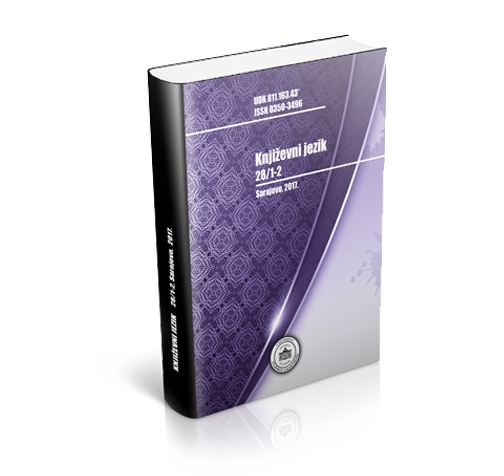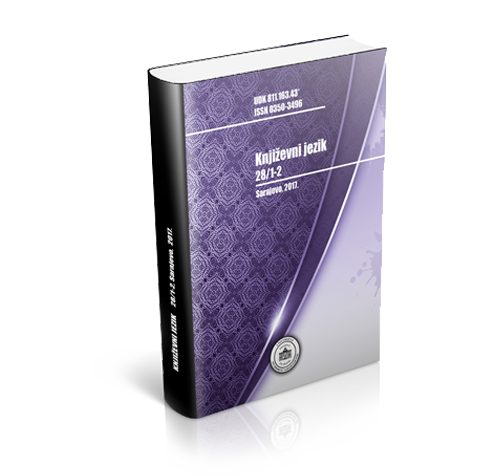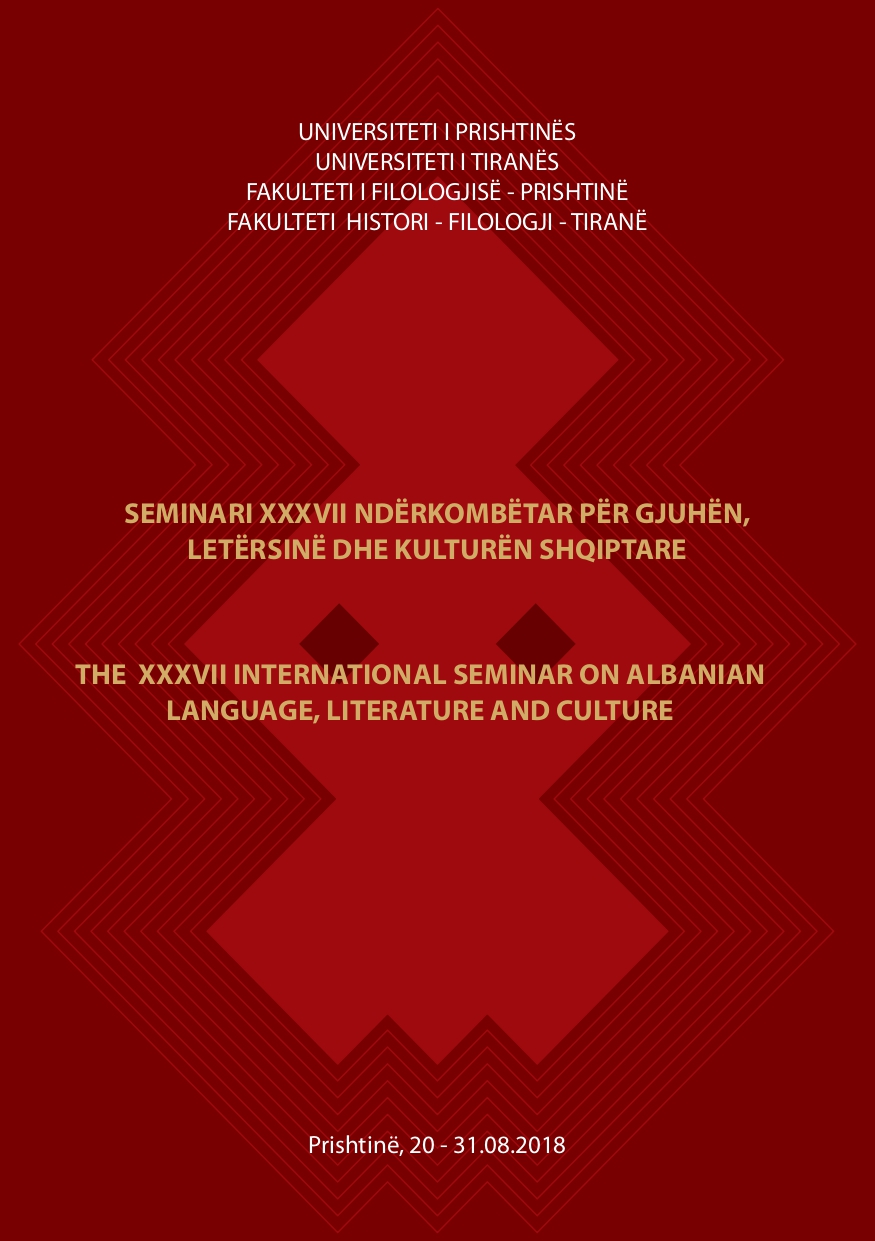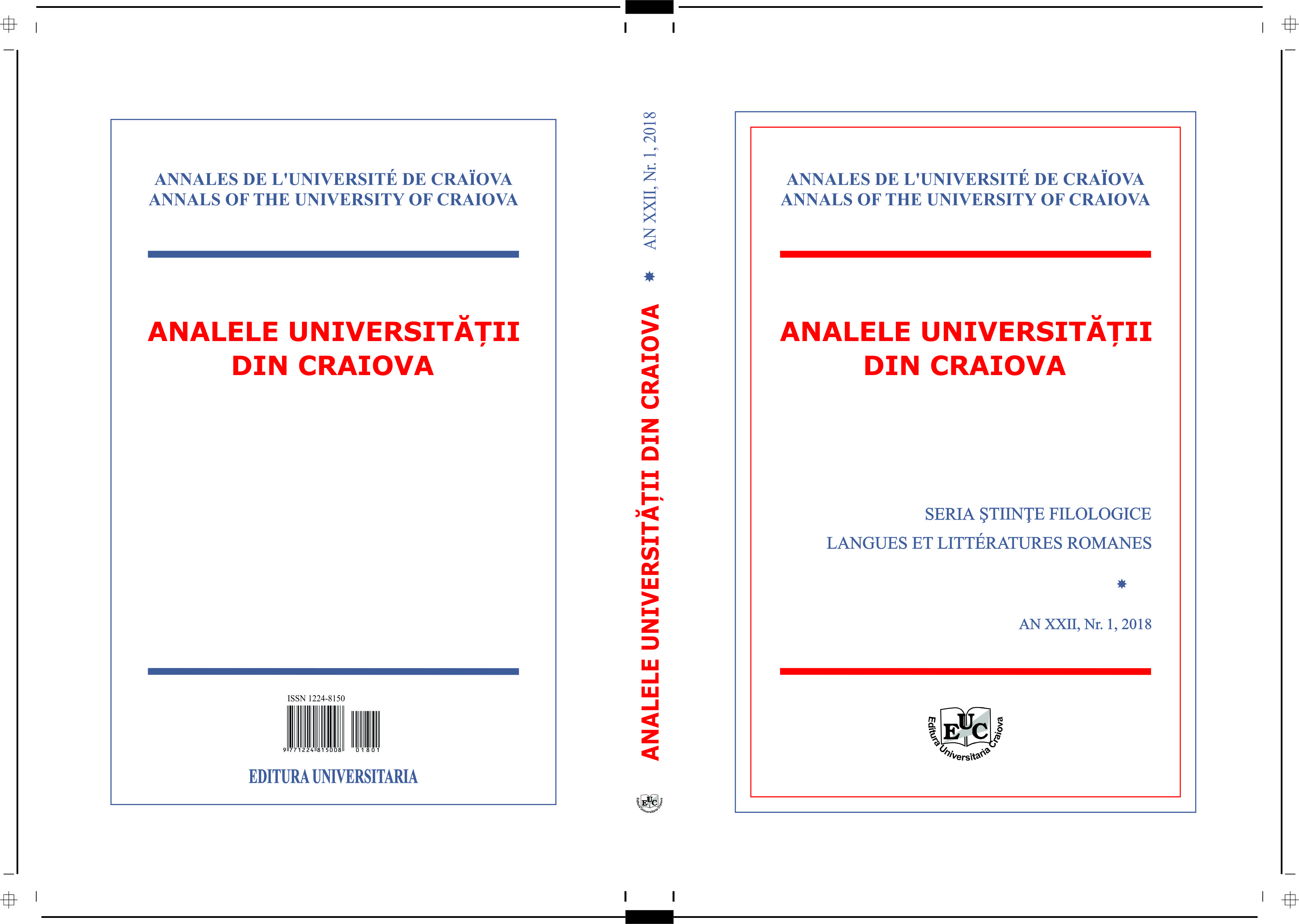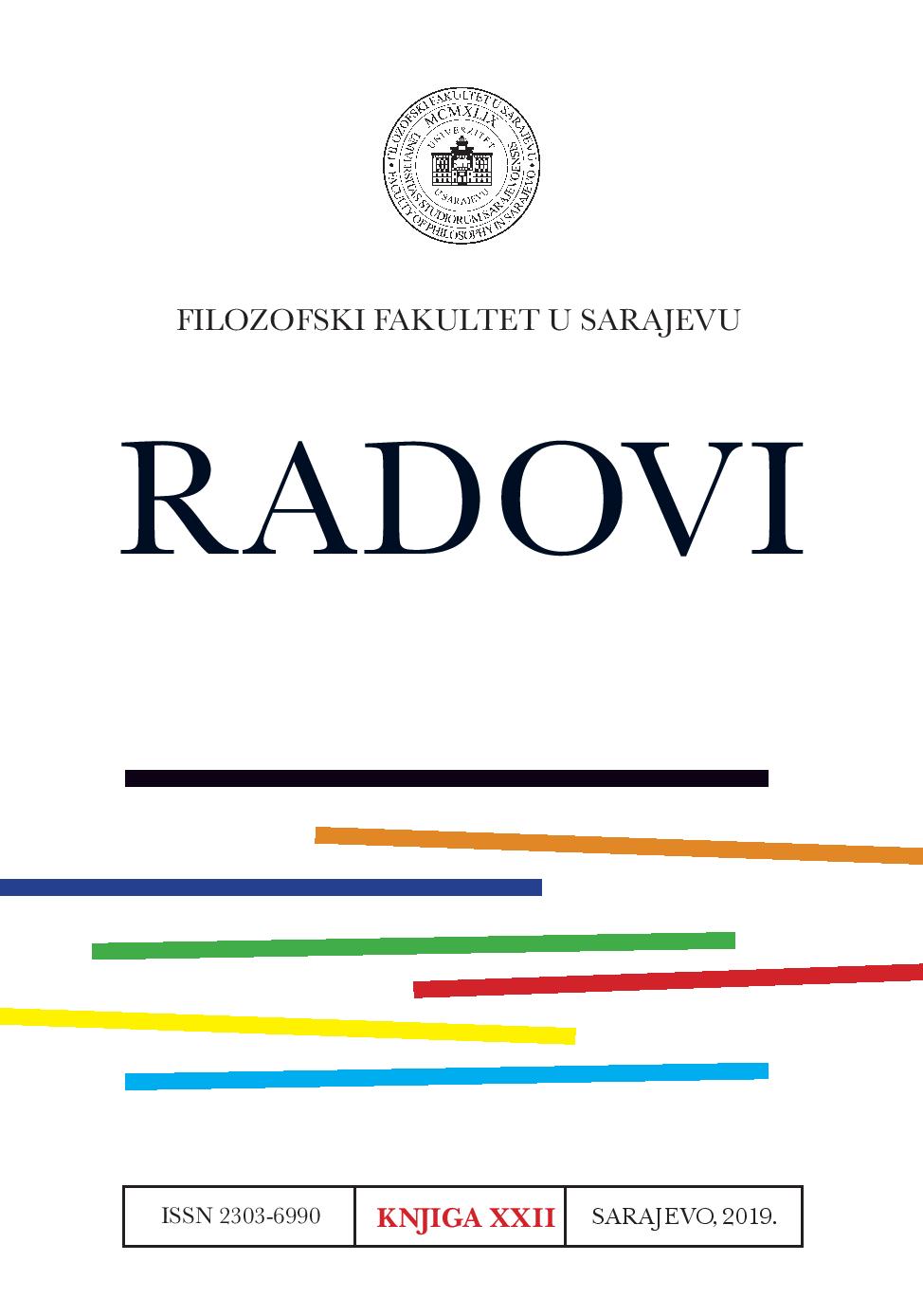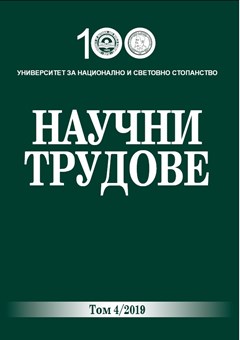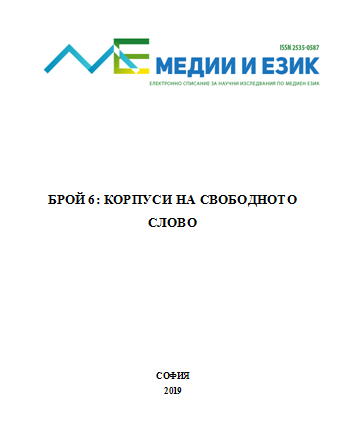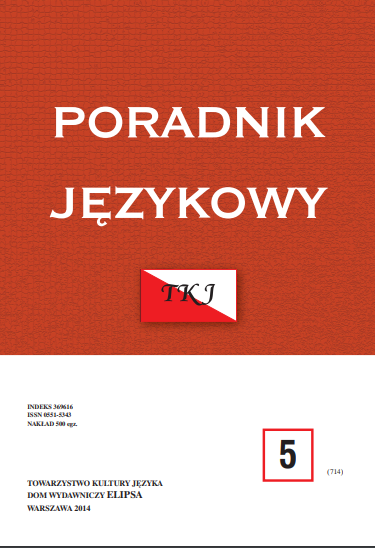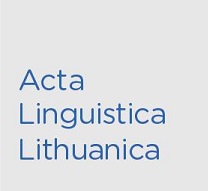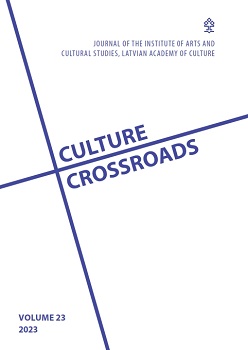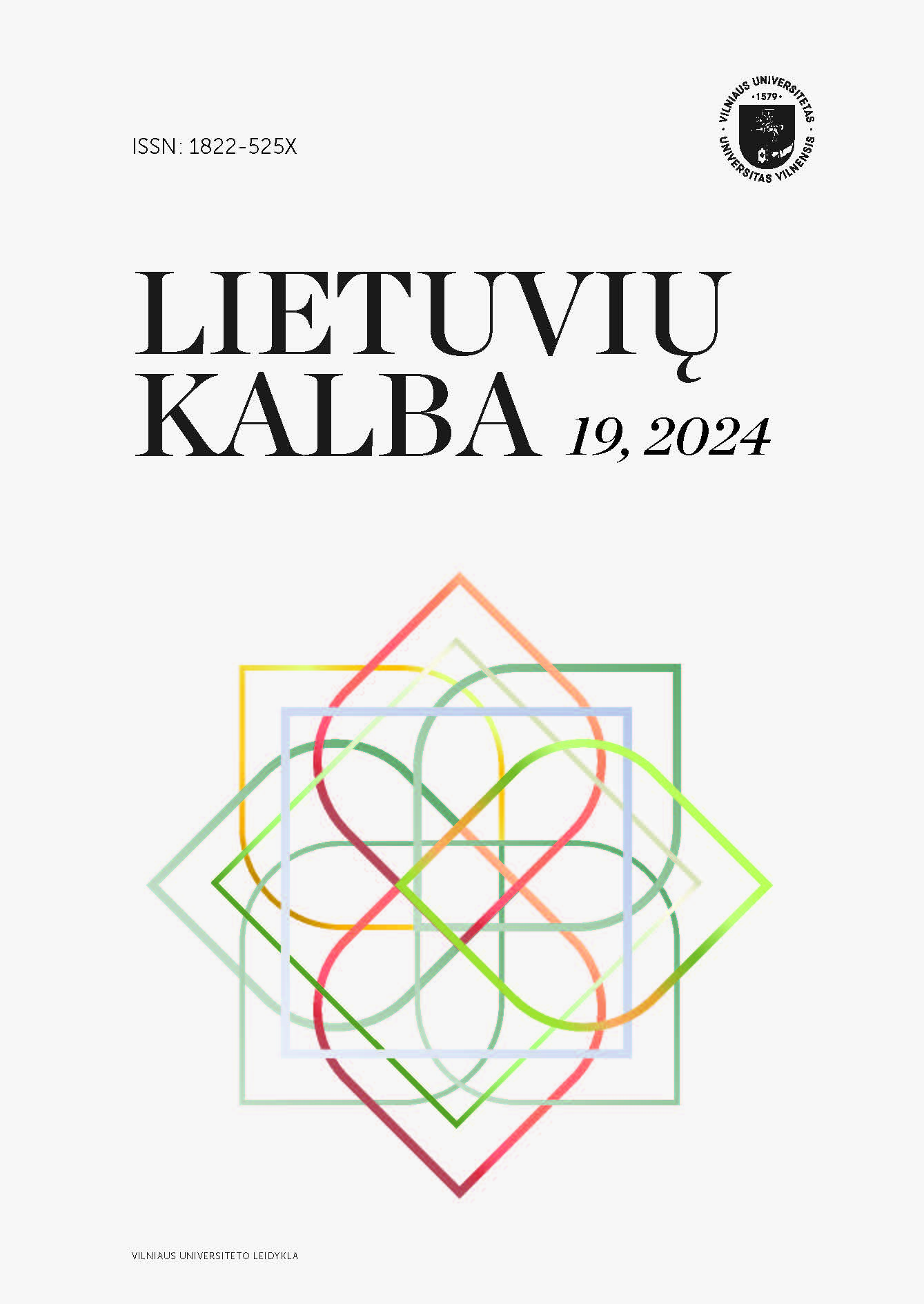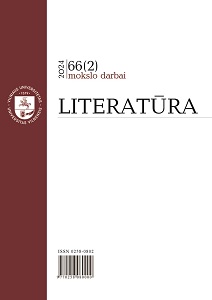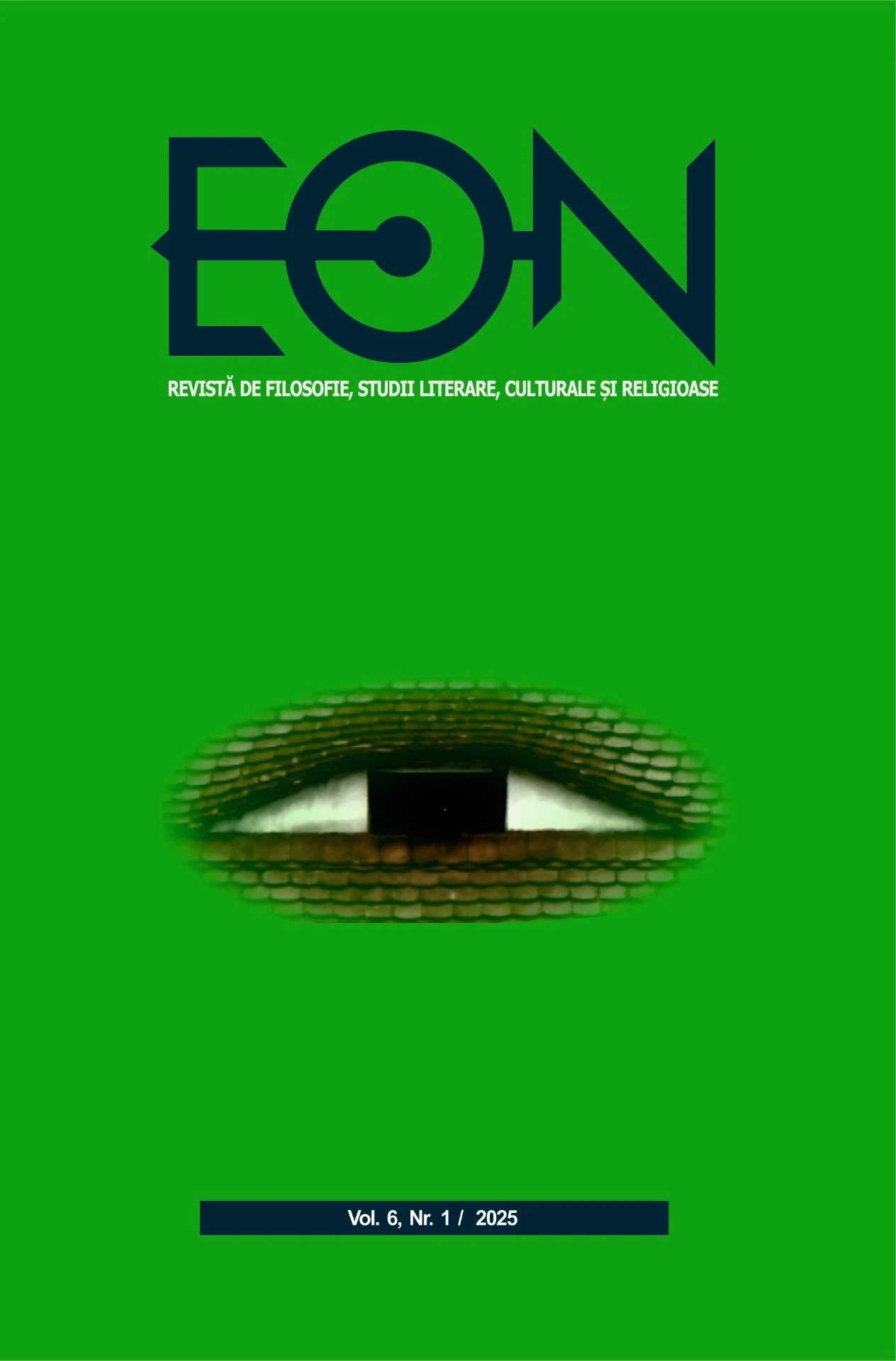Author(s): Marius Smetona / Language(s): Lithuanian
Issue: 19/2024
The concept of citizenship (civic sense) has not yet fully crystallised, which is why different aspects are emphasised in academic literature and public discourse. Attempts are made to compare and associate it with other concepts, such as nationality or patriotism, which are often used synonymously in various contexts. From a linguistic perspective, the concept of citizenship has not been thoroughly examined. Therefore, the aim of this article is to explore the concept of citizenship in Lithuanian dictionaries, public media texts, and the responses of young people to the question: What does citizenship mean to you? The concept of citizenship is closely related to another concept—namely, the state—where legal, cultural, social, and political elements are interconnected. The state provides its citizens with rights and duties, and a citizen must be able to use and defend the rights and freedoms granted, as well as actively participate in public life with the ultimate goal of contributing to the well-being of Lithuania. Students emphasise that the concept is complex and involves not only an individual’s relationship with the state but also relationships between people. However, both in youth responses and in public discourse, the key aspect is that citizenship is seen as a value, the components of which are reflected in its cognitive definition. Despite the introductory thoughts stating that citizenship and patriotism are not identical, for young people these concepts are intertwined and share many common aspects. In public discourse, there is a strong emphasis on the importance of nurturance of citizenship, which requires continuous effort. As a result, various initiatives, competitions, lessons, and programs are offered. The research concludes that the cognitive definition of citizenship embraces respect for the state, its language, symbols, history, culture, and traditions, as well as for other citizens and differing opinions; a duty to the state (defence, involvement in public life, voting, paying taxes, restraining misbehaviour); working for the state; love for the country; and self-sacrifice for it. Typically, the meaning of a word is looked up in dictionaries regarded as the most reliable lexicographical sources. The study shows that there is a need to expand dictionary definitions or elaborate on this concept in the upcoming “Dictionary of Standard Lithuanian”, so that society can recognize the broader content of the concept of citizenship. It is agreed that citizenship is a cultivated value, and its content heavily depends on who is involved in the educational process. Therefore, it is essential for linguists and language institutions to engage in the citizenship development program so that young people can see that citizenship is not just about defence; it also includes language, as well as cultural and ethnic aspects.
More...
